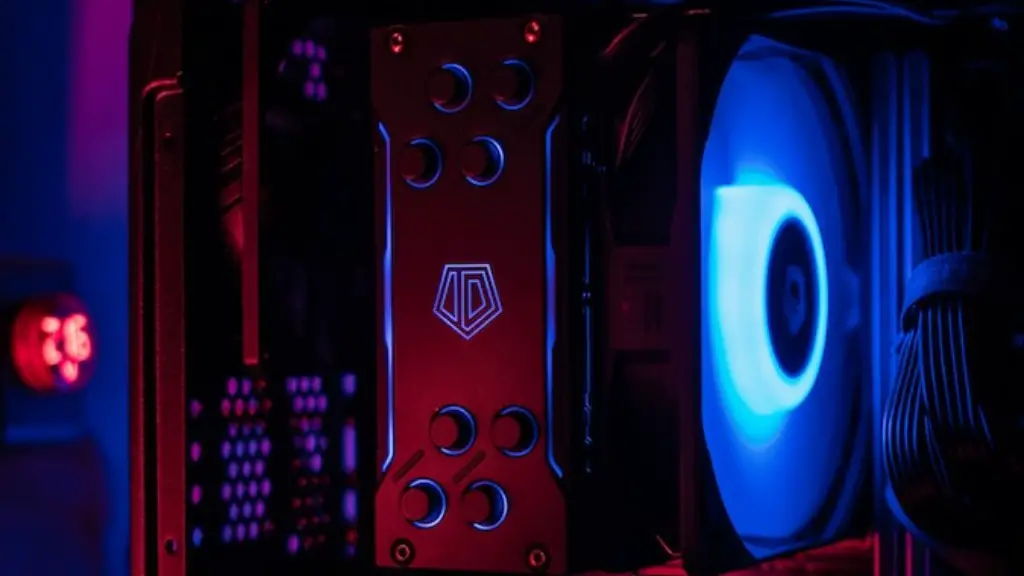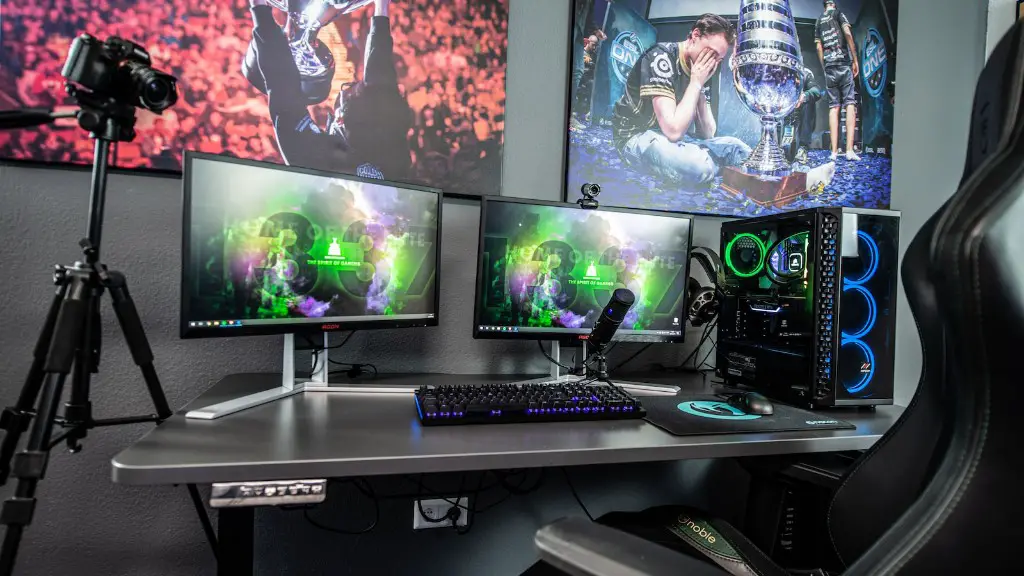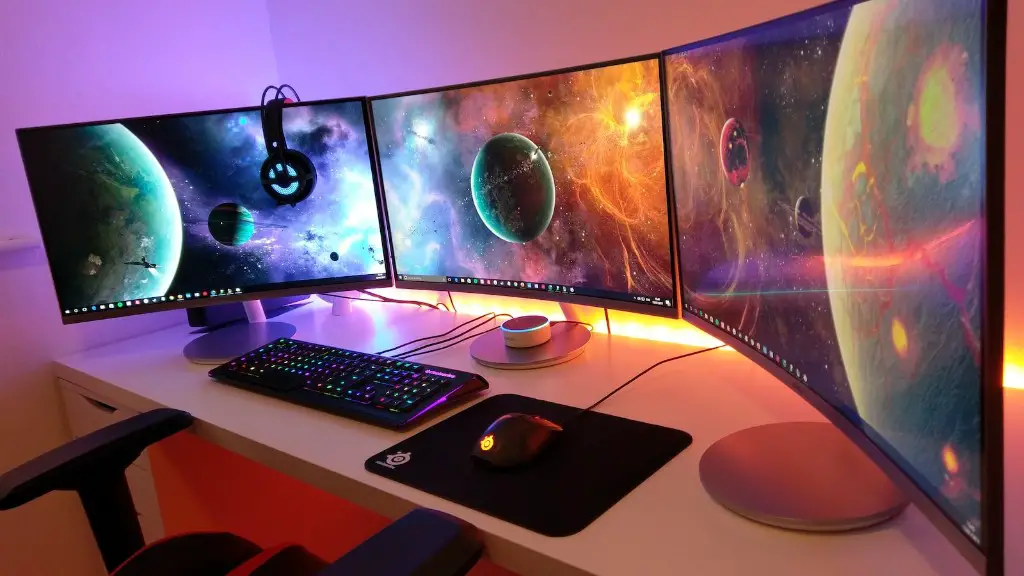If you’re looking to buy a used gaming PC, there are a few important things to consider.The first is your budget; determine what you’re able to spend, and look for a used gaming PC that falls within that number. Second, identify the type of computer you need; what kind of processor or amount of RAM do you require? Third, research the specifications of the laptop or desktop you’re interested in; look for benchmarks from third-party websites, to ensure it performs well with the software you intend to use. Fourth, be sure to test the PC; ask the seller to provide a stress test, to ensure all components are running properly. Finally, check for a warranty; most used gaming PCs won’t include a warranty, but if one is provided, be sure to read all the details.
Picking A Brand
When it comes to selecting a brand for your used gaming PC, one of the most important considerations is the quality of parts. Some brands are known for offering higher performance, while others focus on budget-friendly options. Additionally, take a look at the brand’s customer service, as you may need to contact them after you purchase your used gaming PC. Lastly, check their reliability and read reviews of their customer service, if available.
Where To Buy
When deciding where to buy your used gaming PC, you’ll want to compare the costs from different sellers. Shopping around is an key step to getting the best possible deal, and to figure out who offers extended warranties and other services with their purchase. You should also be wary of deals that appear too good to be true; they’re often accompanied with hidden problems and may be scams. Additionally, be sure to double-check the seller’s return policies, just in case you need to get a refund.
Compatibility Check
When you’ve found the used gaming PC you’d like to buy, it’s important to test its compatibility with other devices. You don’t want to find out after the fact, that your gaming monitor or graphics card aren’t compatible with your PC. Additionally, you should be sure to check the version of Windows installed on the computer, to make sure it will accommodate any additional software you need. Finally, make sure that your keyboard, mouse, and other peripherals are compatible; USB-C and other connectors may be more difficult to come by for older PCs.
What To Expect
When you buy a used computer, you should expect some issues – expect the unexpected. Any number of components could be wear out; some common causes could be dust buildup, damaged wiring, or inadequate cooling. Additionally, scratches and dents on the chassis, along with wear and tear on the ports and buttons, may not be covered in the warranty. Before buying, make sure to ask the seller pointed questions, and have a professional inspect the PC, if possible.
Tips For Buying Used
When buying a used gaming PC, there are certain steps you can take to make sure you’re getting the best possible deal. First, be sure to inspect the PC yourself before you purchase it, looking for any missing components or malfunctions. Second, be sure to read through all of the terms of the warranty; make sure you understand if the PC can be returned, and if it’s covered for any future repairs. Third, don’t be afraid to negotiate on the price; it’s not uncommon for sellers to reduce the cost, if you can demonstrate your knowledge of the PC. Finally, ask for a trial period; some sellers will allow you to test out the PC for a few days, before committing to a purchase.
Upgrading The System
When buying a used PC, consider the possibility of improving its performance by making upgrades. Adding more RAM or upgrading your graphics card, could improve your gaming experience significantly. Be sure to research which components are compatible with your PC, and whether or not there are any restrictions. Additionally, determine whether or not it’s worth it, given your budget; if you can afford it, upgrading will be much easier than buying a new PC.
Transferring Files
When transferring files from your old PC to the new one, back up your documents, photos, and music to the cloud, before hand. That way, you don’t have to worry about transferring any files on your own. Additionally, download and install the necessary software for your new PC. Before you transfer any files, run a virus search against them, to make sure you don’t introduce any malicious software onto your new PC.


